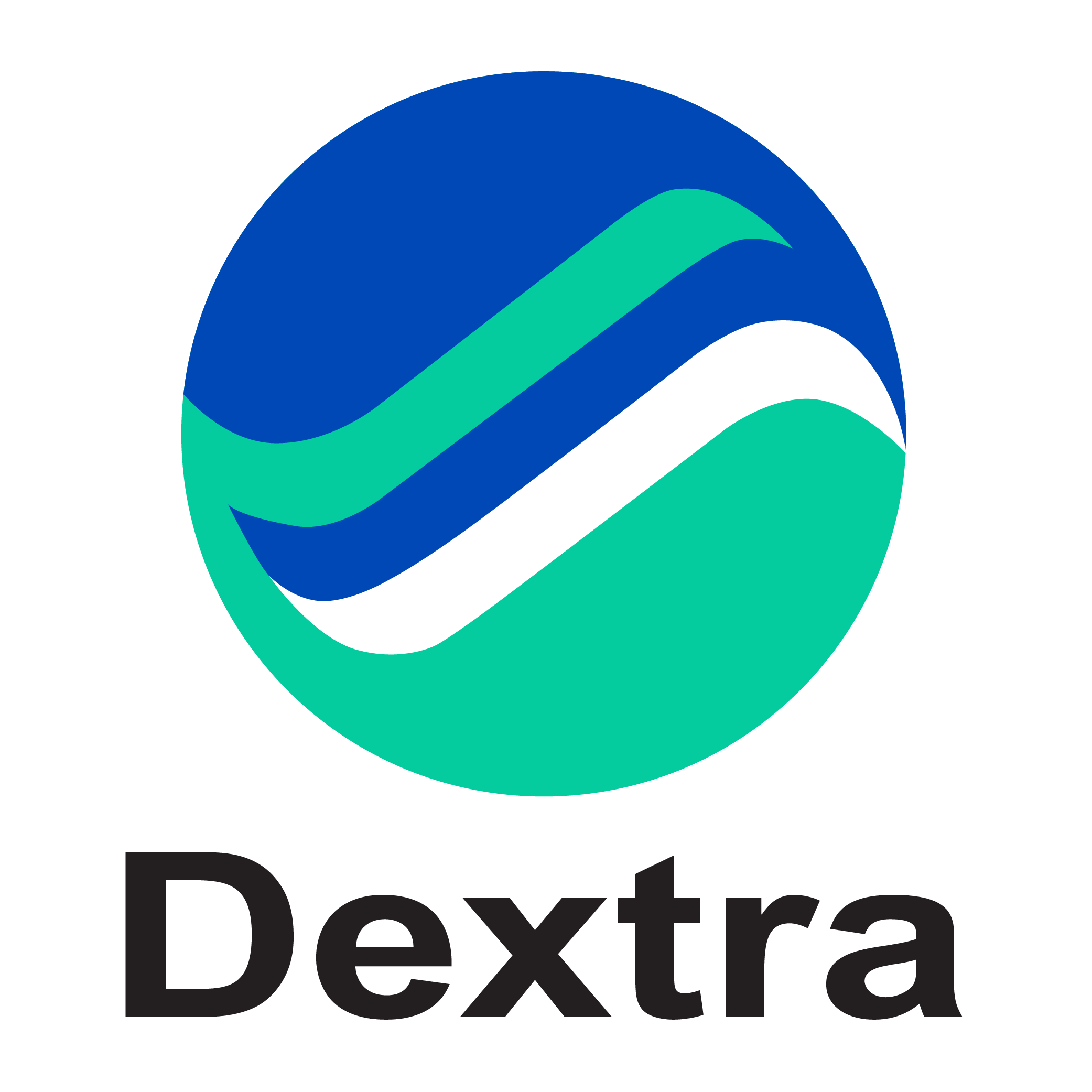Pune Cricket Stadium
The Pune Cricket Stadium is a cricket venue located near the city of Pune in the state of Maharashtra, India.
Designed by the British firm Hopkins Architects, the stadium was built between 2010 and 2011.
With a seating capacity of 37,400, the stadium offers spectacular views of the surrounding mountains.
For this project, Dextra engineered and supplied the Tension Rods suspending the roof of the building in 2012.
The long architectural bar systems are anchored to steel pylons and support the roof structure.
The Tension Rods sets were supplied in steel grade 460. Each tendon consists of several bar segments spliced together using either couplers (for fixed lengths) or turnbuckles (for length adjustment and tensioning).
In total, over 50 tons of Tension Rods anchor the roof structure of the Pune Cricket Stadium.













